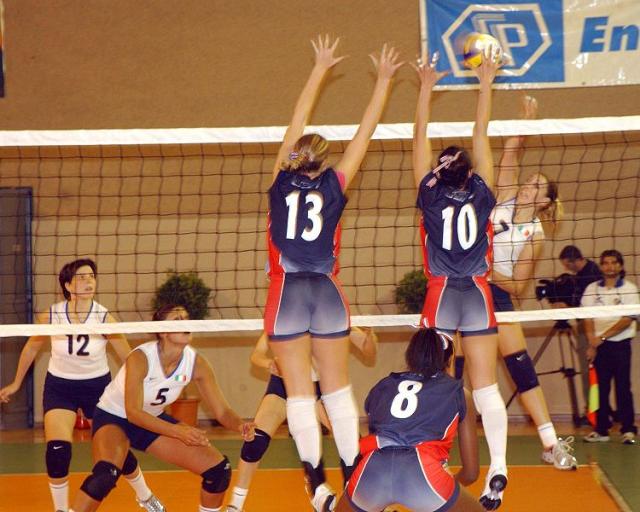One of the most effective ways to reduce the risk that your child or a teammate will be a victim of sexual harassment or abuse is to set boundaries at a pre-season meeting.
Boundary setting is important because it:
- Provides clarity about the coach's role
- Establishes predictability in coach-athlete relationships

- Builds a safe and healthy learning environment
Setting physical boundaries
Example of physical boundaries include the following:
- The coach will only be allowed to touch athletes where appropriate for teaching new skills or in spotting
- The coach will not be allowed into the locker rooms or showers when athletes are changing or showering
- The coach will not use excessive exercise (extra laps etc.) or withholding fluids as a form of punishment
Setting social boundaries
Examples of social boundaries could include the following:
- The coach will attend sport-related social events and awards banquets.
- The coach will avoid parties with athletes outside of sport-related situations.
- The coach will not accept personal gifts from, or give personal gifts to, athletes.
- The coach will not date his/her athletes.
- The coach will not purchase alcohol for his or her athletes.
Setting sexual boundaries
Examples of sexual boundaries that might be include the following:
- After the coach-athlete relationship has ended, he or she and the coach may choose to enter into a sexual relationship, but only after an appropriate period of time has passed. Sports psychologist Don Sabo, chair of the Women's Sports Foundation committee on coach-athlete relationships, suggests five years for a high school coach and two years for a college coach.
- The coach will not have sexual relationships with current athletes. There is no such thing as a consensual relationship between coach and athlete because of the power that the coach has over the athlete, says Sabo.
- The coach will not sleep in the same room with his/her athletes in order to save money while attending competitions.
Many organizations go further. For example, the United States Olympic Committee Coaching Ethics Code provides that coaches should not be sexually intimate with a former athlete for at least two years after coach-athlete relationship ends, and, then, only in the most unusual circumstances, and only where the coach can demonstrate that there has been no exploitation, in light of all relevant factors, including:
- The amount of time that has passed since the coach-athlete relationship terminated;
- The circumstances of termination;
- The athlete's personal history;
- The athlete's current mental status;
- The likelihood of adverse impact on the athlete and others; and
- Any statements made by or actions of the coach during the course of the athlete-coach relationship suggesting or inviting the possibility of a post-termination sexual or romantic relationship with the athlete or coach.
After a scandal in a Chicago suburb involving allegations of sex between a coach and three underage athletes, USA Volleyball adopted a similar policy based on the one adopted by USOC.
Brooke de Lench is the Founding Executive Director of MomsTeam Institute of Youth Sports Safety, Inc. and the SmartTeams program initiative, author: Home Team Advantage: The Critical Role of Mothers in Youth Sports (Harper Collins) and Coalition Member: UNICEF International Safeguards of Children in Sports. de Lench writes and speaks often on the topic of Preventing Sexual Abuse in Sports.








